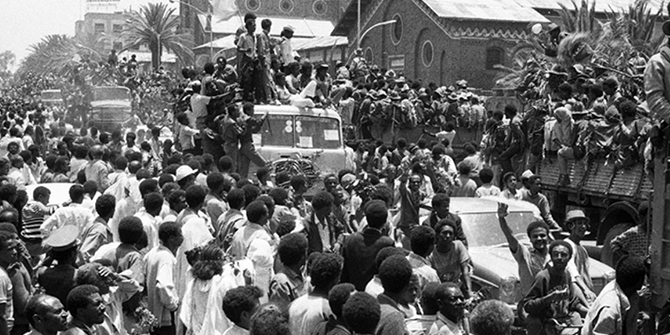
ANFET-EDITORIA-MAY 18, 2025
Understanding the distinction between independence and liberation is crucial in shaping Eritrea’s political reality. Independence is the foundation of sovereignty, earned through struggle and sacrifice. However, liberation—true civil freedom—remains an ongoing fight. The difference between the two must be recognized: celebrating independence does not mean settling for the current lack of liberties, nor does demanding liberation mean questioning Eritrea’s sovereignty.
Eritrea’s Independence
Eritrea is the 182nd independent nation—Uma Mustaqla (أمة مستقلة) in Arabic—meaning it is not under the rule of any empire or monarchy. Historically, Eritrea was subject to foreign control, whether by the Roman Empire, Ottoman rule, or Ethiopian monarchy under Haile Selassie. When Eritreans fought for independence, they sought to free their land from external domination, much like how Americans celebrate July 4 as their independence from Britain.
Our martyrs sacrificed everything to ensure Eritrea became a sovereign nation, and we rightfully commemorate this achievement. Independence signifies Eritrea’s right to self-rule, ensuring that no foreign power governs its territory or dictates its future.
Eritrea’s Lack of Civil Liberties
However, independence alone does not mean liberation. While Eritrea is a sovereign state, its people do not yet enjoy civil liberties—Tahrir (التحرير/التحرر) in Arabic. Liberation means the ability to organize, write, protest, and express opinions freely. These freedoms remain restricted, and Eritreans continue to struggle for true liberation.
The issue arises when the word “freedom” is used interchangeably for both concepts. Independence refers to freedom from foreign domination, while liberation refers to personal and civil freedoms. To celebrate together, we must agree on this distinction. Eritrea is independent, but its people are still fighting for liberation.
Upholding Sovereignty While Fighting for Rights
Eritreans must maintain a clear distinction between independence and civil liberation. The fight for justice, democracy, and human rights must never be used as a justification for external intervention. To safeguard Eritrea’s sovereignty, Eritreans must remain firm in their stance:
- Independence is non-negotiable. It was earned through blood and sacrifice and is recognized under international law.
- Liberation is an internal fight. Eritreans must work to secure freedoms from within, without compromising sovereignty.
- External intervention is dangerous. Allowing outside forces—such as Ethiopian Prime Minister Abiy Ahmed—to intervene under the guise of “liberation” poses a direct threat to Eritrea’s sovereignty and could bring irreversible instability to the region.
The reluctance to celebrate Eritrean Independence Day could be misinterpreted as aligning with the dangerous notion that Eritrea’s sovereignty is reversible—an idea promoted by some Ethiopian politicians, including controversial remarks from former Deputy Foreign Minister Dina Mufti on March 29,2021 (https://english.farajat.net/archives/11422 Online News & Analysis). Such narratives contradict Eritrea’s established independence under international law.
Eritreans must stand united in honoring their independence while continuing the struggle for political and civil freedoms. Sovereignty and liberation must not be confused, and resisting any attempt to undermine Eritrea’s independence is crucial to ensuring a stable future for the nation and the region.
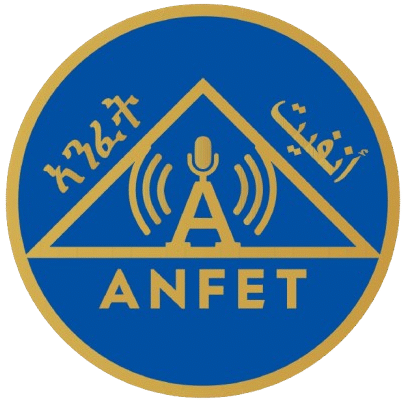




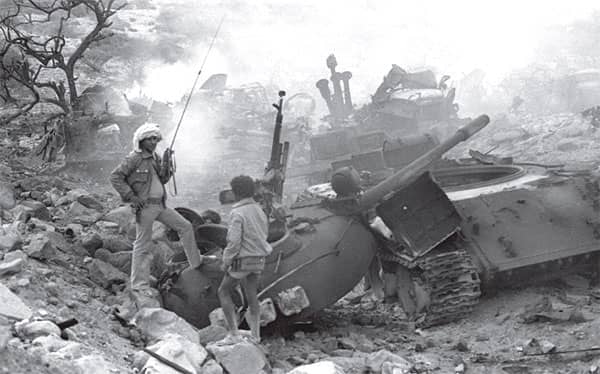
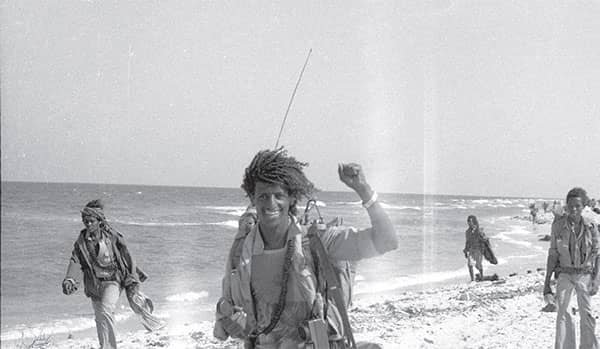
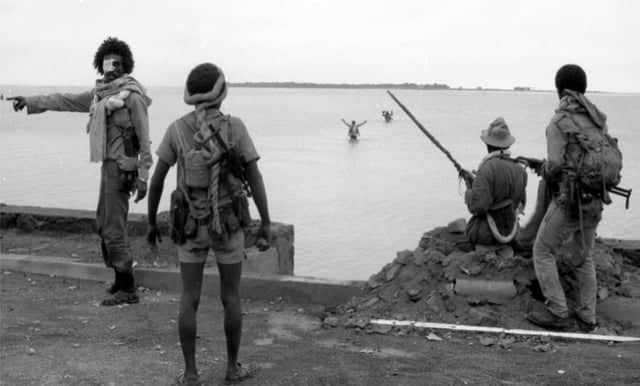
This article is well written and very informative.